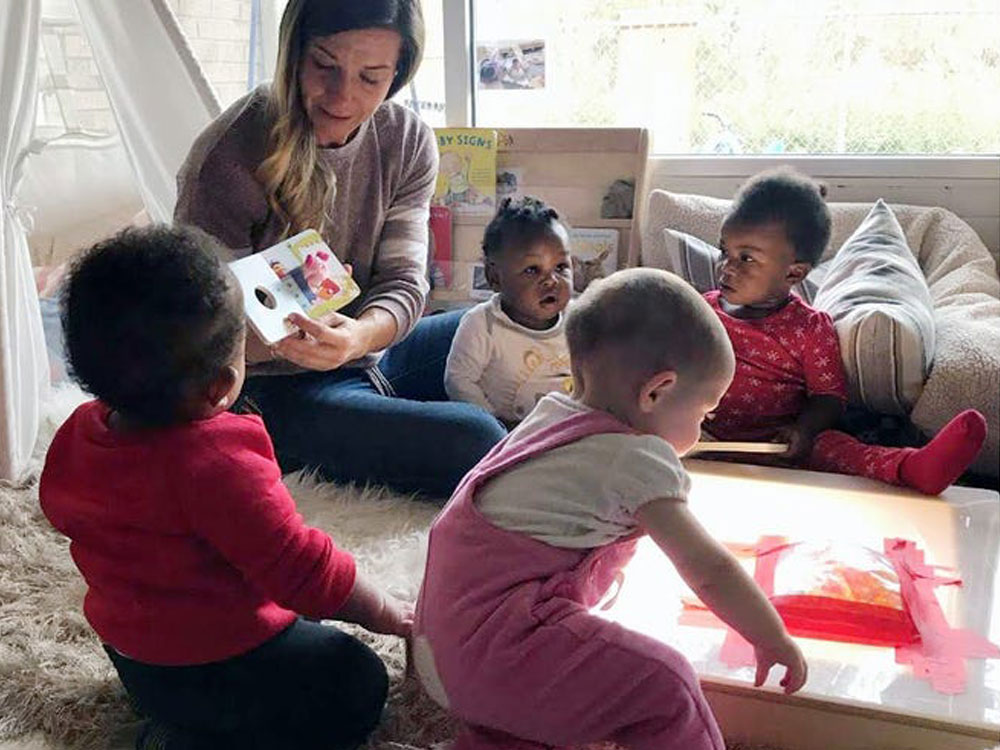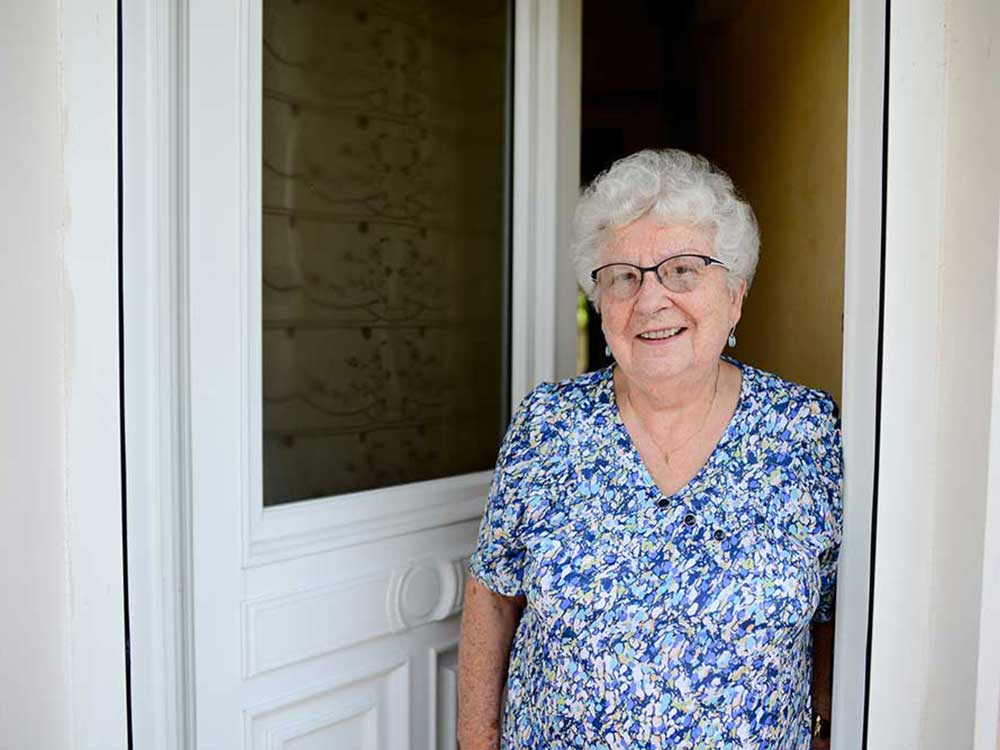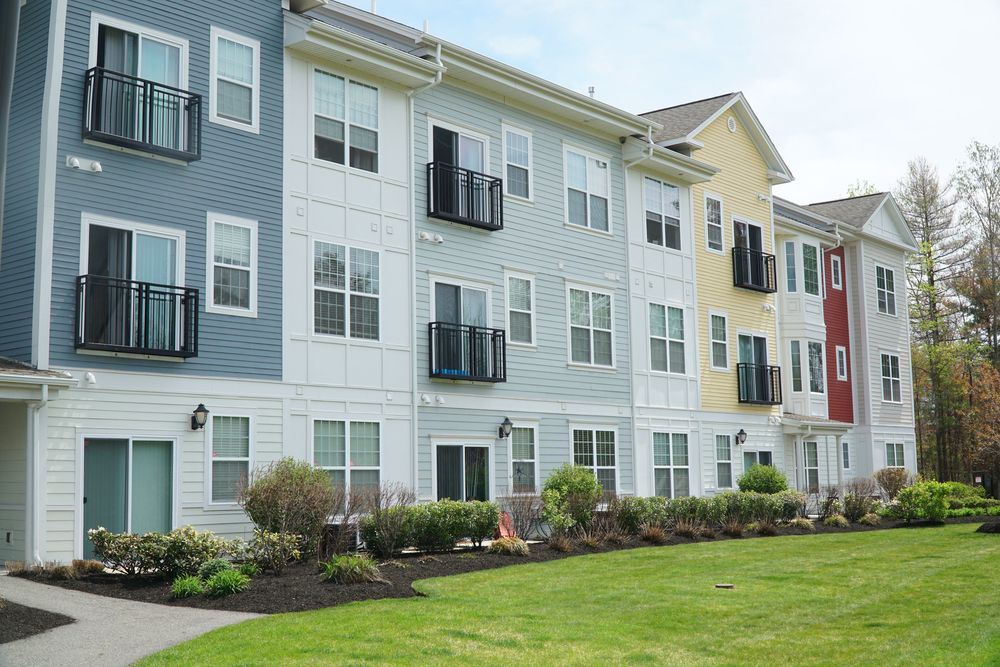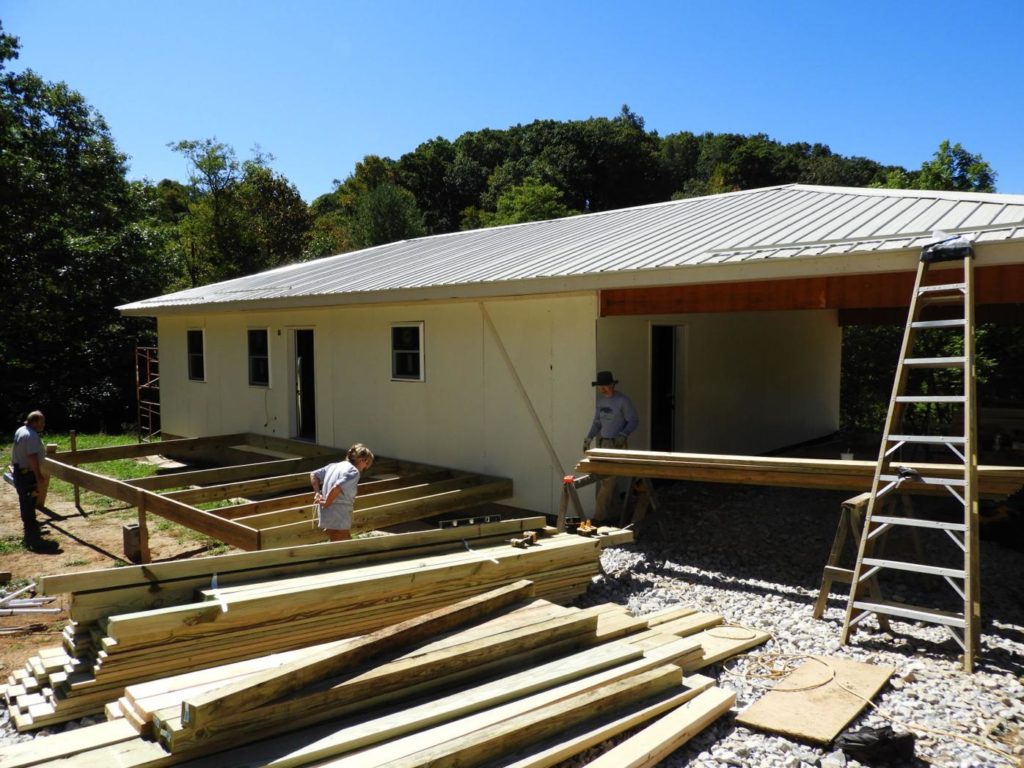Asheville, N.C. – Dogwood Health Trust is pleased to announce the addition of two members to its Board of Directors. The Board has confirmed Carol Burton, Ed.D. (Jackson County) and Jamie McMahan (Yancey County) as new members.
“We are fortunate to have such an abundance of caring and compassionate leaders in Western North Carolina who want to serve and are willing to give of their time and talents,” said Dogwood Health Trust Board Chair Jack Cecil. “Carol and Jamie are two such examples. They both bring an enormous knowledge of community development, innovative thought, and demonstrated service to their roles, and we are delighted to welcome them to Dogwood’s board.”
Carol Burton serves as vice provost of academic affairs for Western Carolina University (WCU), a role she has held since 2019. A first-generation college student and graduate of WCU, Burton has spent her 30-year career in higher education – all of it devoted to her alma mater. She earned her bachelor’s and master’s degrees from WCU and completed a doctorate in adult and higher education from North Carolina State University in 2007. Throughout her time at WCU, she has overseen the Mountain Heritage Center, the Center for Community Engagement and Service Learning, the Center for Career and Professional Development, and Liberal Studies, among other duties. In 2018, Burton created an endowed scholarship fund in honor of her Jamaican-born parents, designed to help international students earn graduate degrees at WCU.
“Dogwood’s commitment to the region and potential to do great work are compelling,” said Burton. “I am drawn to the opportunity to join with other people for a singular purpose, combined with the resources that Dogwood has to improve lives in Western North Carolina. I am honored to help represent the western part of the region.”
Jamie McMahan is the Executive Director of the Yancey County Planning & Economic Development Commission. He is responsible for overseeing all Yancey County planning and economic development initiatives, all public capital construction projects, and management of capital project financing, and fundraising to promote business and economic development interests in the community. McMahan earned a Bachelor of Science in business administration from Berkeley College. He went on to study sustainable community and economic development at Duke University, development finance at the UNC School of Government and completed the Executive Education and Leadership Program at Yale University’s School of Management. He is the North Carolina State Director for the Southern Economic Development Council and a member of the North Carolina Economic Development Association, the National Rural Economic Development Association, and the North Carolina Chapter of the American Planning Association.
“Whether born here or moved here, the people of Western North Carolina have always been very resourceful and creative, sometimes in spite of minimal resources,” said McMahan. “Since Dogwood was created, I’ve been able to see first-hand as a nonprofit board member and volunteer how projects that Dogwood supports are having a positive impact in Yancey County and beyond. I have a passion for actively making my community a better place, and there’s no better organization in which to do that.”
About Dogwood Health Trust
Dogwood Health Trust is a private foundation based in Asheville, North Carolina with the sole purpose of dramatically improving the health and wellbeing of all people and communities of 18 counties and the Qualla Boundary in Western North Carolina. Dogwood Health Trust focuses on innovative and equitable ways to address the many factors that contribute to overall health and wellbeing, with a focus on housing, education, economic opportunity, and health and wellness. Dogwood Health Trust works to create a Western North Carolina where every generation can live, learn, earn and thrive, with dignity and opportunity for all, no exceptions. To learn more, please visit www.dht.org.


















